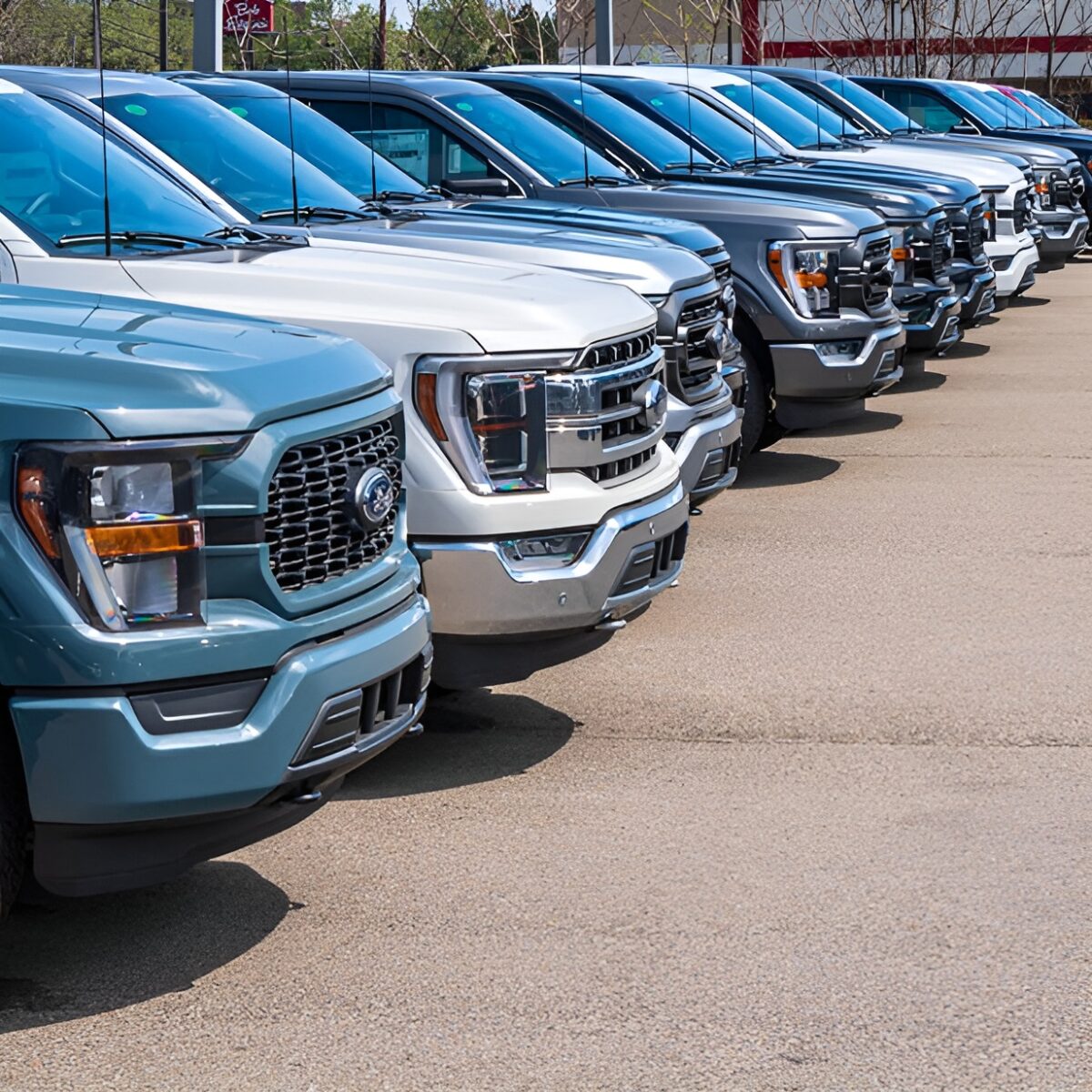Scenario modelling by BearingPoint suggests vehicles sold in the US will be more expensive regardless of where they’re manufactured. By Will Girling
US President Donald Trump continues to champion his tariff policies as laying the foundation for a stronger domestic manufacturing industry. The volatility of their implementation has global automakers unsure of how to proceed, yet some industry commentators believe onshoring operations to the US could produce more resilient and agile supply chains in the long term.
But will these business positives trickle down to US consumers in the form of lower prices? Ford has given mixed impressions, highlighting the possibility of striking a balance between strong industry and affordability while also warning dealers of impending price rises. Others—including Mercedes-Benz, Stellantis, and Volkswagen—have suspended their 2025 financial guidance and conceded that the future is too difficult to determine.
The reality might be that all available options are similarly unattractive. A report published on 7 May 2025 by management consultancy BearingPoint indicates that tariffs will lead to more expensive vehicles regardless of how OEMs act. Using the UK automotive industry as an example, it modelled four scenarios: the status quo prior to tariffs, UK assembly using existing supply chains with tariffs applied, US assembly using established supply chains, and US assembly with updated supply chains.
Subscribe to Automotive World to continue reading
Sign up now and gain unlimited access to our news, analysis, data, and research
Subscribe
Already a member?
https://www.automotiveworld.com/articles/do-us-tariffs-mean-vehicle-price-rises-are-inevitable/

Join our LinkedIn Group
Let us help you understand the future of mobility


